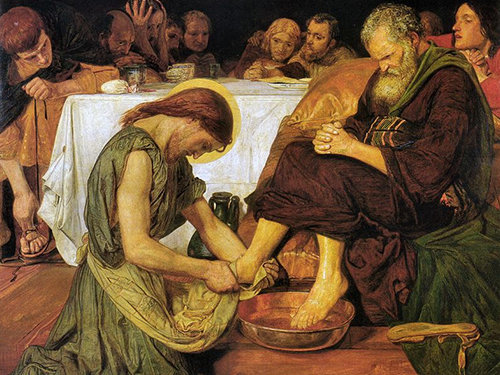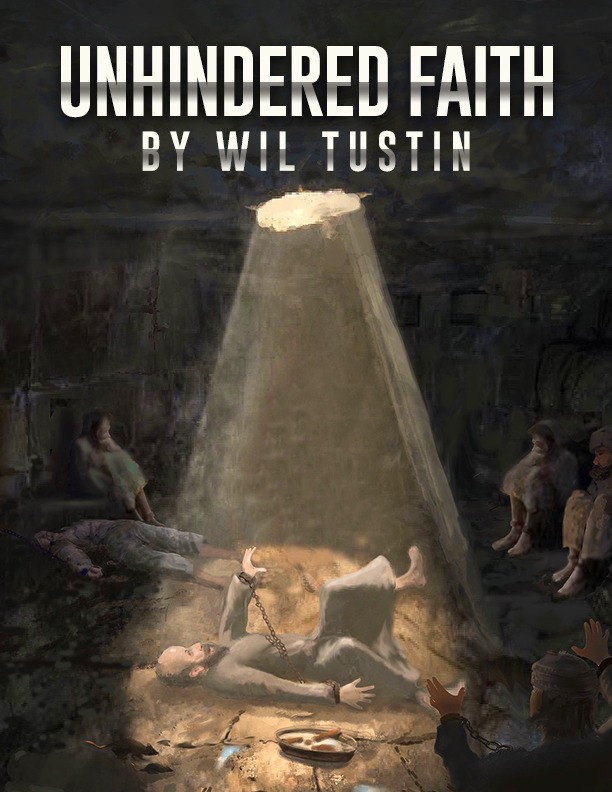Let me take you back to the 1st century Roman Empire, where being a Christian could cost you everything—family, livelihood, even life. In those early days, Christianity was not merely a religion; it was a spiritual revolution. Early believers gathered in “house churches,” meeting in small Roman homes filled with people from diverse backgrounds—slaves alongside merchants, women sharing meals with men—defying the rigid social hierarchies of the time.
Daily life for these Christians was a precarious balance between faith and survival. Many hid their beliefs from neighbors, employers, and even family. Christianity was seen as dangerous; Romans viewed Christians with suspicion, perceiving them as antisocial and subversive. Refusing to participate in the imperial cult and sacrifices to Roman gods, these believers spoke of a kingdom that transcended Caesar’s rule.
Their gatherings were simple yet profound. Before dawn, they sang hymns, shared meals known as agape feasts, and celebrated what would become known as communion. The air filled with the scent of freshly baked bread and quiet singing, as someone kept watch for danger.
Operating like an extended family, the Christian community shared resources and cared for their poorest members, providing a social support system that was revolutionary in a world without social services. This mutual aid represented a radical reimagining of human relationships.
However, the cost of faith was steep. Some lost businesses for refusing to participate in pagan rituals, while others were disowned by families. In times of persecution, imprisonment, torture, or execution awaited them. Yet, their numbers grew, famously noted as “the blood of martyrs is the seed of the Church.”
Faith influenced every aspect of their lives. Christians faced practical decisions about raising children, conducting honest business, and navigating relationships with non-believers. Education included not only Greek and Roman classics but also the stories of Jesus and apostolic letters, emphasizing love and forgiveness.
The role of women in early Christian communities was notably different from traditional society. Women served as patrons, hosted gatherings, and held leadership roles, fundamentally reshaping perceptions of human dignity.
Christianity spread through personal relationships—slaves converting masters, merchants sharing faith with trading partners. There were no mass campaigns; it was quiet and risky.
These early Christians developed a distinct culture with symbols like the fish and anchor, maintaining their identity despite pressure to conform. They cultivated a new understanding of community, love, and facing death.
Looking back, we see how these small, often frightened communities laid the groundwork for a major world religion, living out their faith day by day, uncertain if tomorrow would bring persecution or peace.





